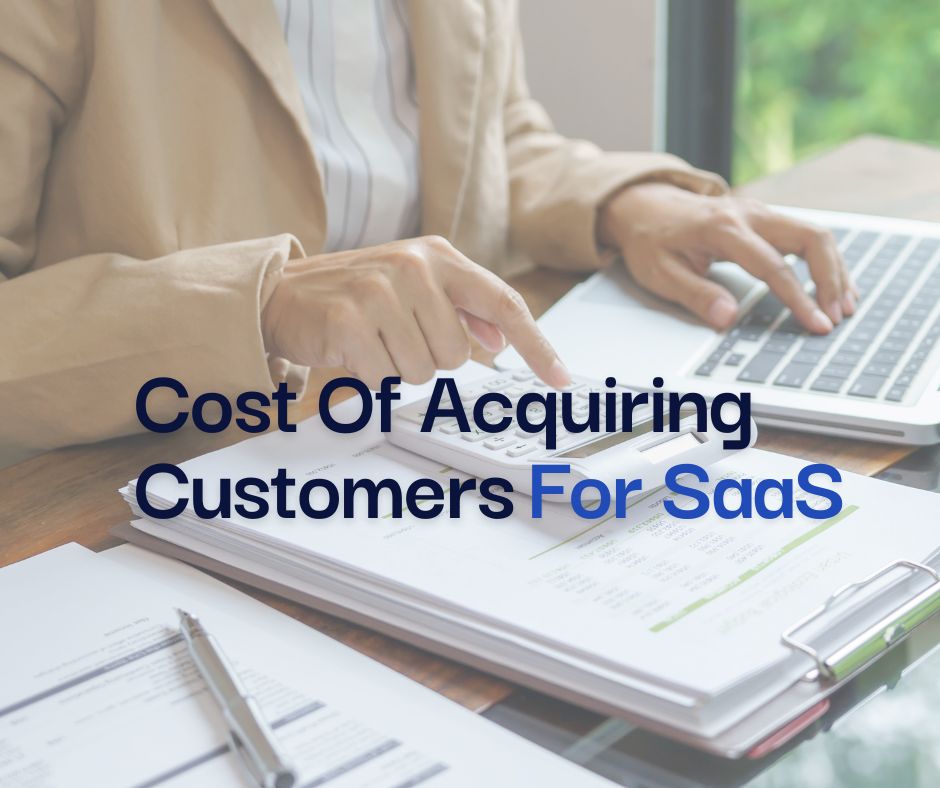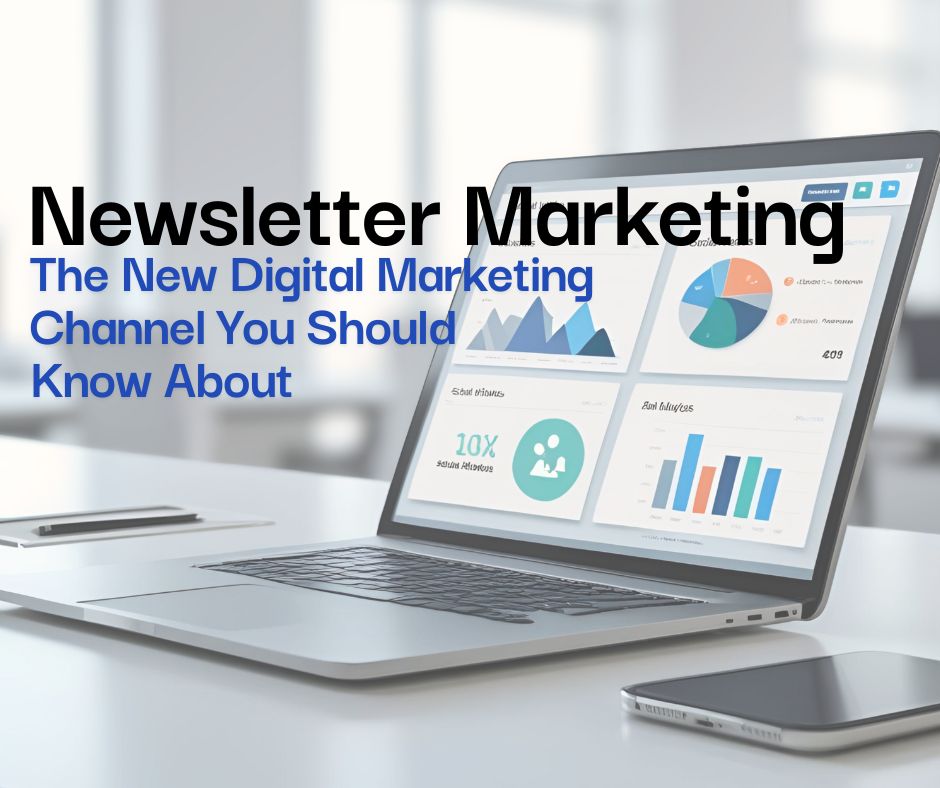If there is something as consistent as the rising sun everyday, it's the continually being updated Google algorithm. But while we know the far-reaching consequences of not optimising your content for AI Overviews and Answer Engines, we hadn’t yet seen or heard about the impact which these algorithmic changes had on performance marketing or rather everyone’s favourite child to hate-PPC(Pay Per Click). And in case you are still not clear what led to this snowball effect of dissecting the Google algorithm and ripping through it to know more about how it affects SEO(organic) and PPC(inorganic) search results because even in PPC Search Ads are still considered to be the most converting non-pushy medium of advertising.
During the Google Marketing Live 2025, along with the updates around AI Overviews and how they were going to change the way people search, Google also mentioned about their plans of expanding AI Overview Advertisements to desktop users as well as more English-speaking markets. This latest update on AI Overviews and PPC comes at the heels of a new PPC campaign type- AI Max for Search Ads. Our clients at Method never shy away from experimentation and while we have experimented with AI Max(observations shared later in the piece), we have compiled this blog with a view to give more context to PPC professionals and brands/businesses going for PPC that how or rather what exactly can you expect with the AI Overview almost appearing up to 68% of the time of search and querying by users.
AI Max Search Ad Campaigns And Their Results
AI Max is the new latest campaign level setting which comes as a major upgrade to Search campaigns after the PMax campaigns. While the campaign setting should be rolled out globally starting the end of May 2025, we got early Beta access to AI Max campaigns and are here to share all the juicy details.
To clear the air, AI Max campaign setting is nothing but the recently most used term “Search Max” is a more appropriate pet name because there’s probably nobody in the industry who hasn't heard the term “Search Max” which is basically AI Max For Search.
AI Max is not your average run of the mill campaign type in Google Ads, it's a single-click upgrade available inside Search campaign settings which slings your PPC efforts by adding a full-fledged AI booster. As we were just dealing with AI generated assets and how the performance of PPC campaigns using AI generated assets perform better than those without it. But AI Max isn’t that simple, it is a complex system encompassing a 3-layered core enhancement model. Once you activate AI Max campaign, it layers three core enhancements which are
- Search Term Matching- An AI upgrade on the broad term search mechanism where AI now extends keyword matching to relevant high-performing queries which sometimes we’ve seen the current keywords missing out on
- Text Customisation- This is nothing but a repaint of the former Automatically Created Assets(ACA) tool which dynamically generated new headlines, descriptions based on your landing pages, existing ads and keywords
- Final URL Expansion- Another AI powered feature which makes the life of PPC professionals easy by sending users to the most relevant pages of your site based on the query intent
However, we have observed at Method with a few clients that as advertisers, you can choose to opt out of text customisation or final URL expansion at the campaign level while opting out of search term matching at ad group level. But it's recommended by Google to use it all together for maximum performance.
Contrary to popular misconception, AI Max is designed to complement keyword match types, not replace it altogether. From our experience running PPC ads last month during the Beta rollout of AI Max, we saw that if a user’s search exactly matches a keyword in the campaign which will always take priority.
Due to changing search behaviour of users, Google is also trying to play catchup with integration of more AI-powered experiences be it AI Overviews(Link to other ) or Google Lens into Search with more and more people using complex, conversational and even visual queries.
While we do agree there are some issues with transparency and control as campaign automation expands. Hence for advertisers like ourselves, it's important to address a few factors which are needed to be known by all before starting Click Wars.
- AI Max doesn’t replace your current reports or campaigns, rather its like a new layer in targeting and creative tools for advertisers where they keep access to existing search reports along with layering in new targeting and creative tools
- AI Max allows advertisers to dive into more granular reporting which includes search terms by asses and improved URL parameters which for highly detailed tracking
- AI Max is being unofficially being considered to be Google’s answer to increasing demand for flexible automation with appropriate guardrails in place
- AI Max rollout has also added some new features around Search rollout which are
- Brand Controls-Choose to include or exclude particular brands i.e. whose ads can appear alongside yours or whose ads to exclude from appearing alongside yours
- Location of interest controls- Allows for targeting based on user’s geo intent which is matched at the ad group level. At Method we have seen these features to be a godsend for our multi-location clients.
- Creative Asses Controls-While its now an established fact that using AI assistance in Google Ads be it for asset creation or campaigns tends to bump the numbers but with AI Max now you have the luxury to remove generated assets or even block them completely should they not be meeting brand guidelines because as of now AI-generated assets go live before advertisers have a chance to review them
Like everyone else who got access to Beta AI Max, we frantically searched for our other ad formats and after some time we were also able to tell apart the landscape for Search Ads.
Both Performance Max and AI Max for Search could be eligible for the same Search Auctions but if a user’s search query exactly matches a keyword in your search campaign then obviously search takes priority. Similarly for some clients we checked the availability of DSA(Dynamic Search Ads) because it was assumed that AI Max was supposed to be a replacement for DSA. While there are overlaps in some areas like final URL expansion and keyword independent matching, AI Max for Search is neither a direct or an indirect replacement to any of the current campaigns types. AI Max’s query expansion applied to audiences for optimised targeting of users instead of keywords is another game-changing feature of AI Max.
Tips For Advertisers Experimenting With AI Max
- Skip testing AI Max if you are bounded by a strict creative guidelines or sensitive content policies because you don’t have control over what AI will generate and show
- Do not go for AI Max at all if your client warrants pinning of ad assets because with final URL expansion, pinning is not possible
- If you are running ads for a business with websites that change frequently, you should not risk automated creatives since it could be highly inaccurate as well.
- If you are working in legal or healthcare, the lead quality and content compliance is crucial so AI Max would warrant careful testing before wide adoption
For all those Search Marketers looking for validation on whether PPC is dead as well post the funeral of SEO, let us assure you on behalf of our creative minds who have seen multiple cycles of change across the search domain. We know we’ve come a long way from Snickers targeting wrongly spelled keywords to show them ads to a point where AI Max facilitates scalability of Search campaigns like never before. AI Max tends to bring in the adaptive reach and creative flexibility of PMax campaigns without warranting a new campaign type or sacrificing on the keyword control. However we do understand that experts who are already embracing broad match and automated bidding may feel like a natural progression when it comes to AI Max. But to appease the ones who are still relying on exact and phrase match keywords, AI Max offers an opportunity to expand cautiously while maintaining your key controls.
AI Overview Monetisation & Effects on Ads
Google recently claimed at an event that search results with AI Overviews generate the same amount of advertising revenue as traditional search results. While this may come as shock to you who thought PPC and SEO are dead due to AIO, but the company revealed during Google Marketing Live that post expansion of AI Overview ads to desktop and more english speaking markets, one could reshape their idea of how marketers perceive Google’ AI-powered future but the claims still are claims and raise apprehension about how Google will measure success and what exactly it means for your campaigns.
Google’s approach to AI Overview has given rise to a fundamental shift in the way companies think about search capabilities which drives Google’s push toward AI-powered responses that can handle more complex and nuanced queries than the traditional ones.
Measuring AI Overview Monetisation
Google’s claims of revenue around AI Overviews are still results of controlled test environments where the company compares identical search queries with and without AI Overviews using standard A/B testing methods. This basically means selective testing of the feature on certain audiences while keeping others in the dark and then measuring the revenue difference. The testing majorly focuses on the value & revenue of the overall business and it doesn’t examine individual metrics be it CTR, which Google claims represents performance across many queries and not individual searches.
Basically what it means is AI Overview doesn’t hurt existing search advertising effectiveness of your campaigns. But just as change and shift in user behaviour gave rise to AIO, one never knows what would be the long-term effects of changing user behaviour patterns is still unclear.
While the basics of PPC ads do not change, there are now 3 placements available for advertisers i.e. above the AI response, below the response or integrated within the AI answer itself giving marketers a flexibility in how their ads appear alongside AI-generated content. However the integration focuses solely on identifying commercial intent within complex queries through what Google commonly refers to as “faceted” searches which are nothing but complex questions containing multiple sub-questions, some of which have commercial intent.
With the inevitable shift towards AI-powered search responses, advertisers need to upgrade themselves in order to adapt their strategies since users are now asking increasingly complex, longer queries for which traditional keyword based approach might not work at all. But it's not just AI Overview, Google’s solution involves overall increased automation through tools like AI Max for Search where the early beta testers including ourselves for some of our clients have seen a 25% increase in conversions(industry average 27% as per google) while maintaining similar returns on investment targets.
The actual test of Google’s revenue claims will come as AI Overview matures properly which is not now since right now user behaviour patterns still need time to solidify. But as Google never stops expanding, it has become a balancing act for digital marketers like ourselves who must embrace automated tools while maintaining control and transparency which drives successful campaign performance.

.png)





